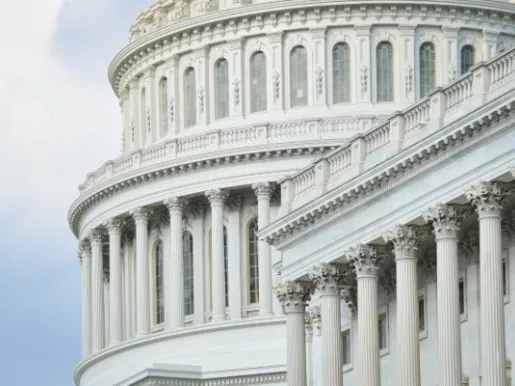Table of Contents
Enacted Campus Free Speech Statutes – Arizona

Arizona has passed three bills regarding campus free speech.
In 2016, the state enacted HB 2615 and HB 2548. In 2018, the state enacted HB 2563, now Ariz. Rev. Stat. §§ 15-1861, 15-1864, 15-1866, 15-1867, 15-1868, 15-1869, which amended the earlier legislation.
HB 2615 Summary
HB 2615 prohibits public colleges and universities from using misleadingly labeled “free speech zones.”
Key Provisions
- Prohibits public institutions from quarantining speech with “free speech zones”; and
- Creates a cause of action allowing the Arizona Attorney General or an aggrieved party to file a lawsuit to enforce their rights under the statute.
HB 2548 Summary
HB 2548, like its counterpart, HB 2615, prohibits public institutions from quarantining speech to “free speech zones,” but adds a misdemeanor penalty for any person who obstructs another person’s access to a government meeting, hearing, or political campaign event.
Key Provisions
- Prohibits public institutions from quarantining speech with “free speech zones”; and
- Makes obstructing a person’s right to gain access to a government meeting, hearing, or political campaign event, a misdemeanor.
FIRE Commentary on HB 2615 and HB 2548
Arizona Governor Signs Bills Protecting Free Speech on College Campuses
HB 2563 Summary
HB 2563 amended earlier campus free speech legislation making some improvements while also introducing serious problems. Improvements include requiring public institutions of higher education in Arizona to adopt policies consistent with the University of Chicago’s Free Speech Policy Statement, defining harassment in accordance with U.S. Supreme Court precedent, and addressing disruptions to events in a way that avoids chilling protected protests. While those provisions are helpful, the statute unhelpfully states, “A university or community college may restrict a student’s right to speak, including verbal speech, holding a sign or distributing fliers or other materials, in a public forum.” [Emphasis added.]
Key Provisions
- Unhelpfully states, “A university or community college may restrict a student’s right to speak, including verbal speech, holding a sign or distributing fliers or other materials, in a public forum” [emphasis added];
- Requires public institutions to adopt policies consistent with the University of Chicago’s Free Speech Policy Statement;
- Eliminates misleadingly labeled “free speech zones” by applying strict scrutiny to time, place, and manner restrictions regulating open, outdoor campus locations;
- Defines harassment in a way that is consistent with the definition provided by the Supreme Court of the United States in Davis v. Monroe County Board of Education;
- Requires institutions to sanction those who have intentionally, materially, and substantially infringed on the rights of others to attend, listen to, view, or otherwise participate in expressive activity that is occurring in an auditorium or lecture hall;
- Requires institutions to use content neutral criteria for assessing event security fees;
- Encourages institutions to try to remain neutral on controversial issues, while forbidding institutions from compelling students, faculty, or staff from expressing particular views on those issues;
- Includes significant due process protections to students facing campus disciplinary hearings including the right to active assistance of counsel if the potential penalty is a suspension of 30 or more days or expulsion; and
- Creates a cause of action allowing the Arizona Attorney General or an aggrieved party to file a lawsuit to enforce their rights under the statute.
FIRE Commentary on HB 2563
Problematic Arizona campus free speech bill would allow colleges to restrict students’ rights
Campus speech bill in Arizona shows promise but needs improvement

